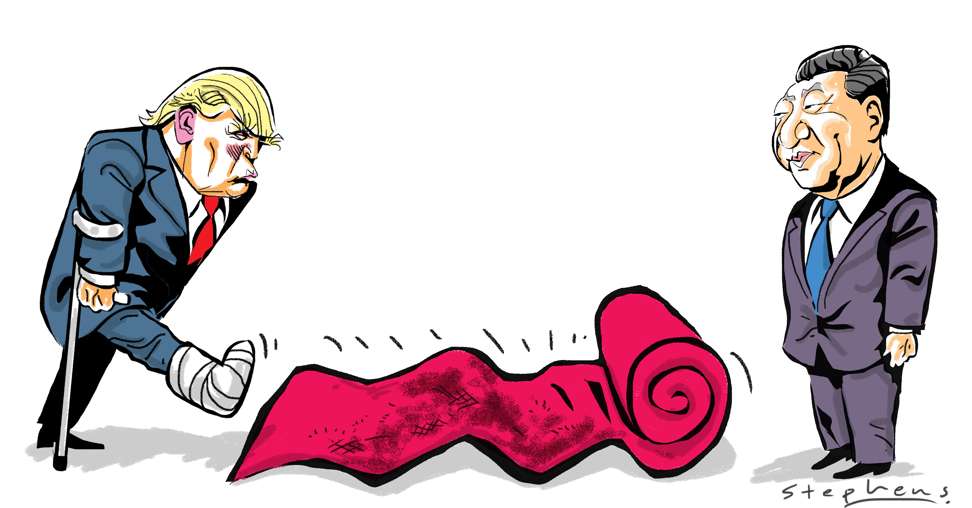
Can Xi Jinping and Donald Trump show maturity when it matters, despite their contrasting styles?
Douglas H. Paal says the two strong and powerful leaders must show flexibility during the Sino-US summit in Palm Beach and work to avert conflict, whatever it takes
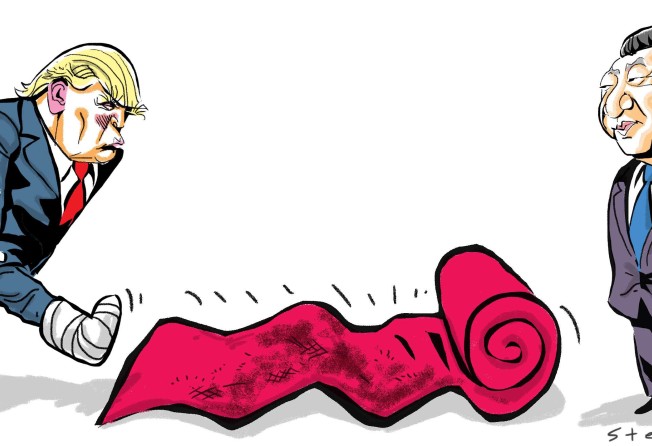

When Xi Jinping ( 習近平 ) was a boy, he experienced the life-threatening chaos of the Cultural Revolution at first hand and learned to subjugate and discipline himself. Now, as China’s Communist Party general secretary and the nation’s president, he is making the rest of China feel his preference for strict discipline.
What can we expect when such different people meet later this week at Mar-a-Lago in Florida? Will it be like oil and water, like yin and yang?
Both men fashion themselves to be strong leaders. But when Trump greets Xi, it will be the US president who walks with a political limp, earned early in his term of office through the mismanagement of the hasty repeal of Obamacare. Xi, by contrast, will stride forward as the “core” leader of the Communist Party, an emerging statesman on his way to his apotheosis at the 19th party congress later this year.
When strong leaders meet, the result is usually one of two possibilities: they develop mutual respect and a way to deal with each other, or they can’t stand each other, show disrespect, and seek to come out on top. Think John F. Kennedy and Nikita Khrushchev, Mao Zedong (毛澤東) and Deng Xiaoping ( 鄧小平 ).
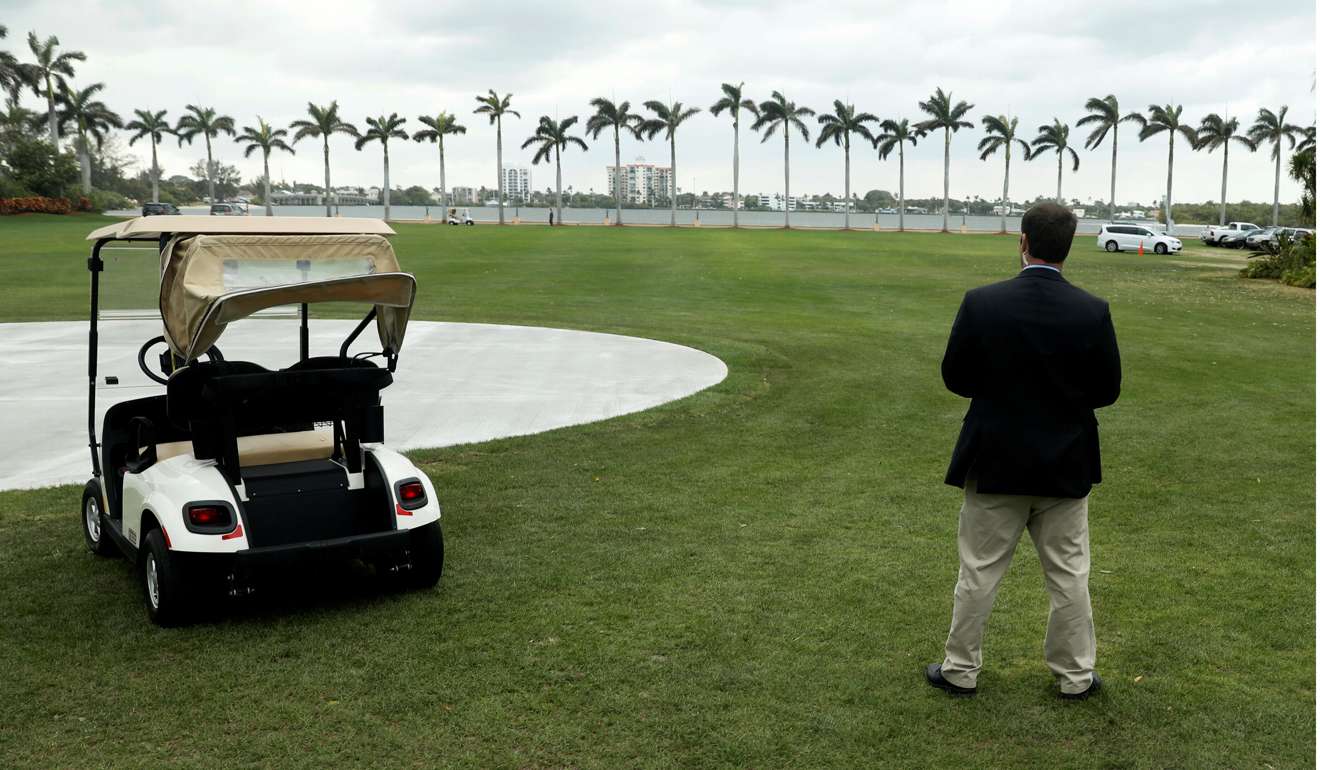
American preparation for the Mar-a-Lago summit has been of a piece with the rest of the post-inauguration administration: hasty and scant by comparison with previous presidencies. Offices are not filled, policies not reviewed, and explanations unmade. Last-minute declarations of intent about trade and deficits appear more to reflect back to campaign rhetoric, and show little strategic thinking about the path ahead. Background briefings betray more bluff than brain.
Chinese preparations appear consistent with the careful promotion of Xi’s status as a statesman and unrivalled leader going into his second term, something I call Xi Jinping 2.0. Xi will be there for the pictures first and foremost, apparently not at all worried about how the contrast between the styles and appearances of the two leaders will look.
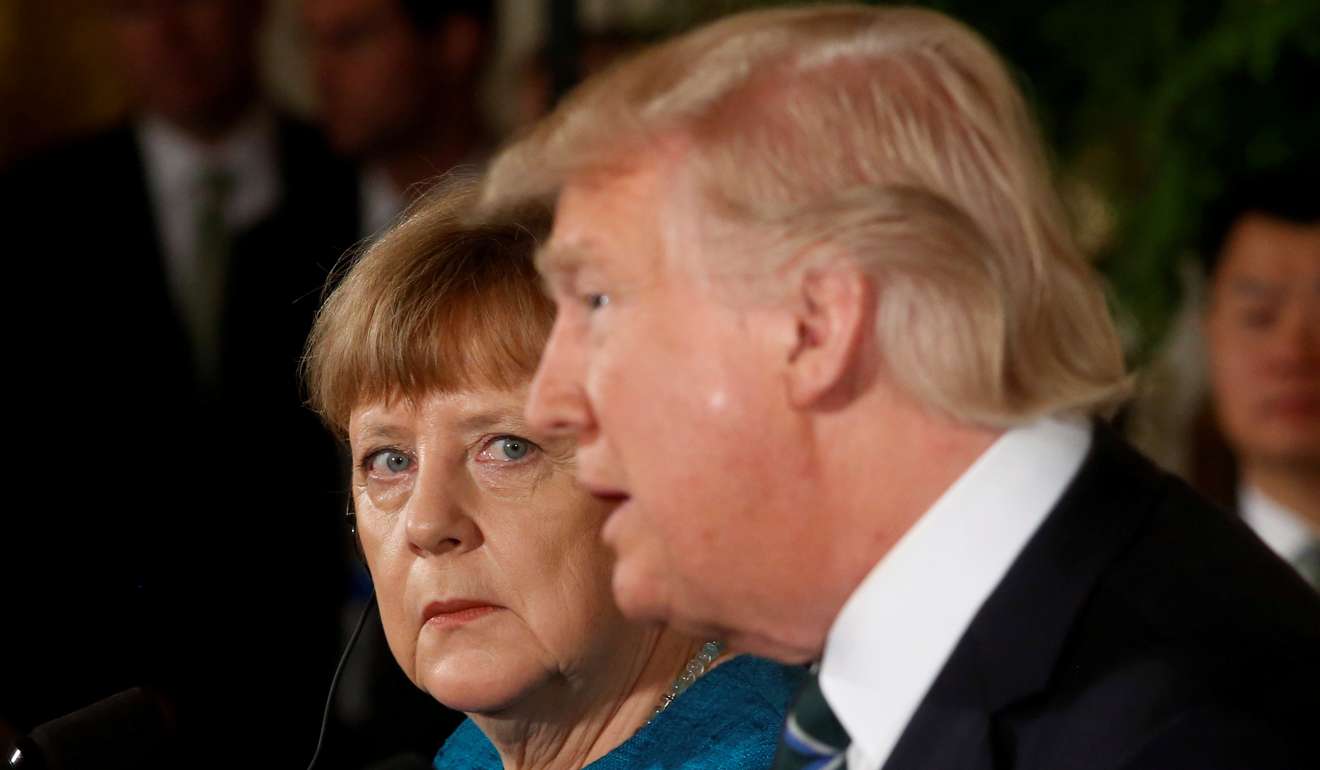
This is a bit new. At least since Deng, Chinese diplomats have sweated every detail of how their leaders would be portrayed in advance of meetings like this, lest they “lose face”. Xi gives the impression that, this time, it will be Trump who should have that concern. This may have been reinforced by Trump’s press conference performance with German Chancellor Angela Merkel.
In addition to his plans to adopt a calm and commanding demeanour, the Chinese leader is also preparing a package of economic benefits and international cooperation for the United States to present to Trump. These gifts are said to be intended to establish a positive tone to the relationship and give Trump an opportunity to show the American people that his personal diplomacy is paying practical dividends.
Xi gives the impression that, this time, it will be Trump who should have the concern [about losing face]
One aspect of this calm and cooperative demeanour is a sense of self-confidence – that if Trump is demanding, China can handle it.
On the US side, there is every incentive to reach for conventional and unconventional policy tools to approach the holy grail of balanced trade between America and China. This is especially so for a wounded White House that wants to demonstrate effectiveness without the hobble of a non-cooperative Republican Congress.
If, for example, Washington demands voluntary restraint agreements on trade in some products, such as the steel, aluminium or chemicals produced by state-owned enterprises, indications are that China will at least think about it. The US economy does not actually import that much of these categories. Moreover, the historical example of Japan accepting voluntary restraint agreements on auto and steel exports to protect US industries in the 1980s led eventually to severe uncompetitiveness of the protected industries.
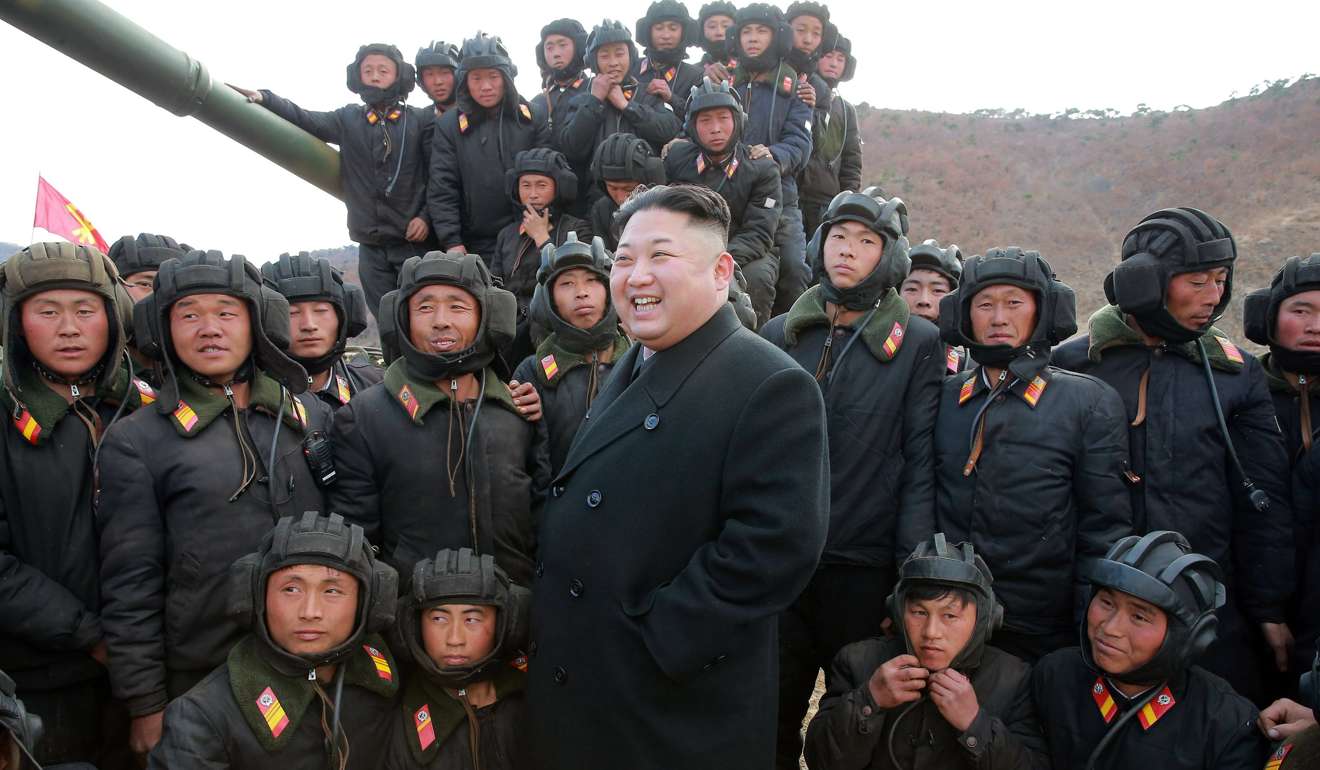
Xi also appears to be seriously contemplating Secretary of State Rex Tillerson’s request for greater cooperation in pressurising North Korea, which could be cloaked in the name of the UN Security Council resolutions that China previously approved. Magic bullets are scarce with the Korean policy dilemma, but it would be hard to refuse offers of additional help.
Ideally, we should hope and trust that Trump and Xi will in the end act like the leaders they should be. These are the world’s two most consequential countries facing inevitable economic and strategic competition. Protecting their interests while preventing that from turning into disastrous conflict needs to be the prime objective of both leaders, not short-term policy advantage.
Douglas H. Paal is vice-president for studies and director of the Asia Programme at the Carnegie Endowment for International Peace